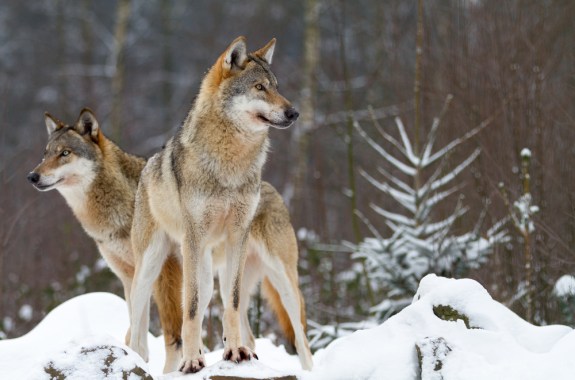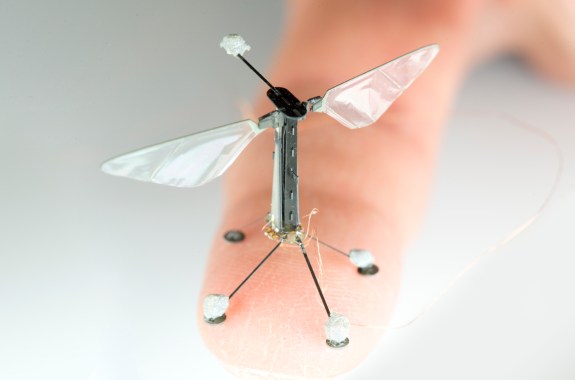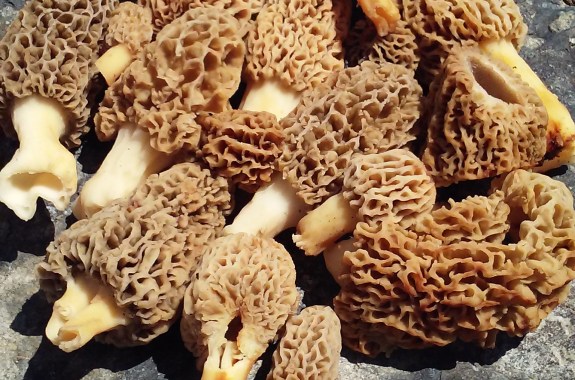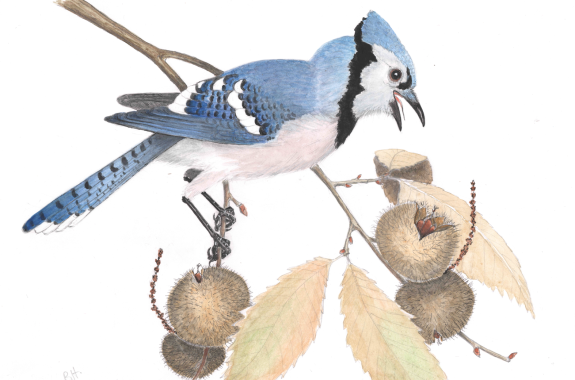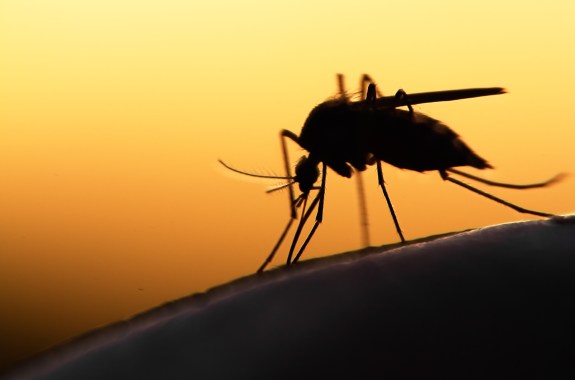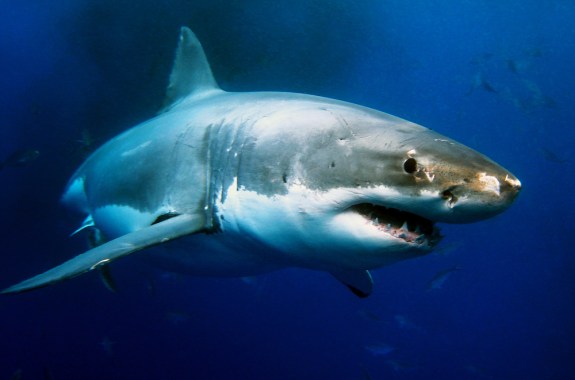Christie Taylor was a producer for Science Friday. Her days involved diligent research, too many phone calls for an introvert, and asking scientists if they have any audio of that narwhal heartbeat. She also coordinates SciFri’s coverage of science and the arts (“sciarts”).
During her undergraduate at the University of Wisconsin-Madison, Christie was almost a biology major but took a chance turn down the path of thing-explaining and realized it was the only thing she wanted to do. Since then, she’s worked as a print and online reporter, technical writer, and a science writer for a university press office.
She takes extra joy in writing interview questions about space exploration, creative research methods, and the intersection of science and society.
12:03
Dog Longevity, Depression Treatments, and the Trouble With Wolves
An old drug’s new tricks could prolong your dog’s life, plus the controversy over wild wolves and their management.
08:04
The Flight of the RoboBees
What can we learn from the quest to build a better tiny, flying robot?
13:32
Mushrooms: On the Hunt for Edibles
A foray into the delicious world of mushroom hunting.
20:24
The Birds and the Bees
Celebrating spring science and the wonders of observation.
11:48
Bacteria Vs. (Zika) Virus, New Earth-Like Planets, and What Went Wrong With Theranos?
A new possible method for fighting Zika, plus a cautionary tale for biotech start-ups everywhere.
17:07
Shedding Pounds, Then Keeping Them Off
What “The Biggest Loser” can teach us about how the body loses and maintains weight.
11:50
Fecal Matter Transplants, a Moon for Pluto ‘Sibling,’ and Tweeting Sharks
What’s going on in the body during and after a fecal matter transplant? Plus, a look at the good and the bad of sharks that tweet.
11:52
The Blossoming Internet of Things — For Your Garden
A growing group of apps, sensors, and other technologies can tell you when to water and fertilize, or even what to plant.
11:58
A Volcano Mystery, HIV and Alzheimer’s, and Cold Lab Mice
A mysterious North Korean volcano, and the implications of cold lab mice for research.

